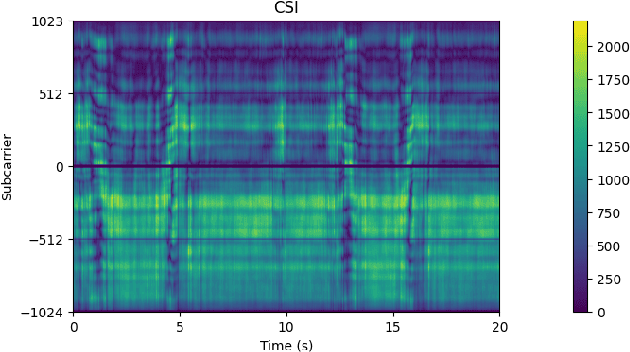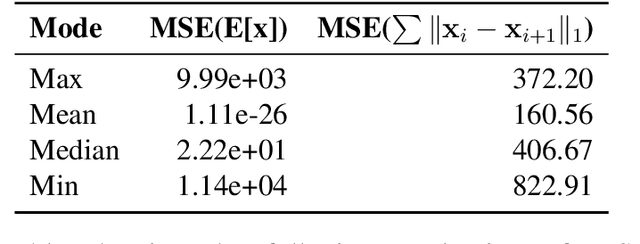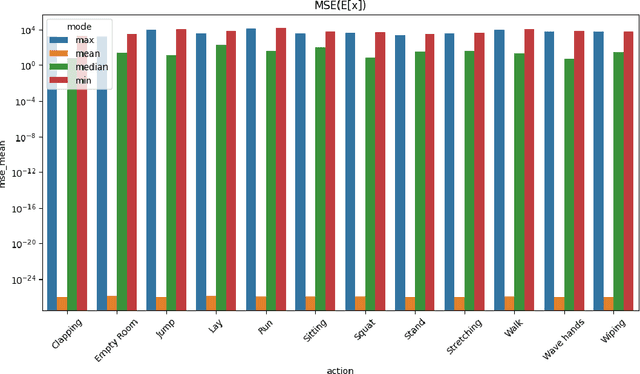Approaches to human activity recognition via passive radar
Paper and Code
Oct 31, 2024



The thesis explores novel methods for Human Activity Recognition (HAR) using passive radar with a focus on non-intrusive Wi-Fi Channel State Information (CSI) data. Traditional HAR approaches often use invasive sensors like cameras or wearables, raising privacy issues. This study leverages the non-intrusive nature of CSI, using Spiking Neural Networks (SNN) to interpret signal variations caused by human movements. These networks, integrated with symbolic reasoning frameworks such as DeepProbLog, enhance the adaptability and interpretability of HAR systems. SNNs offer reduced power consumption, ideal for privacy-sensitive applications. Experimental results demonstrate SNN-based neurosymbolic models achieve high accuracy making them a promising alternative for HAR across various domains.
 Add to Chrome
Add to Chrome Add to Firefox
Add to Firefox Add to Edge
Add to Edge